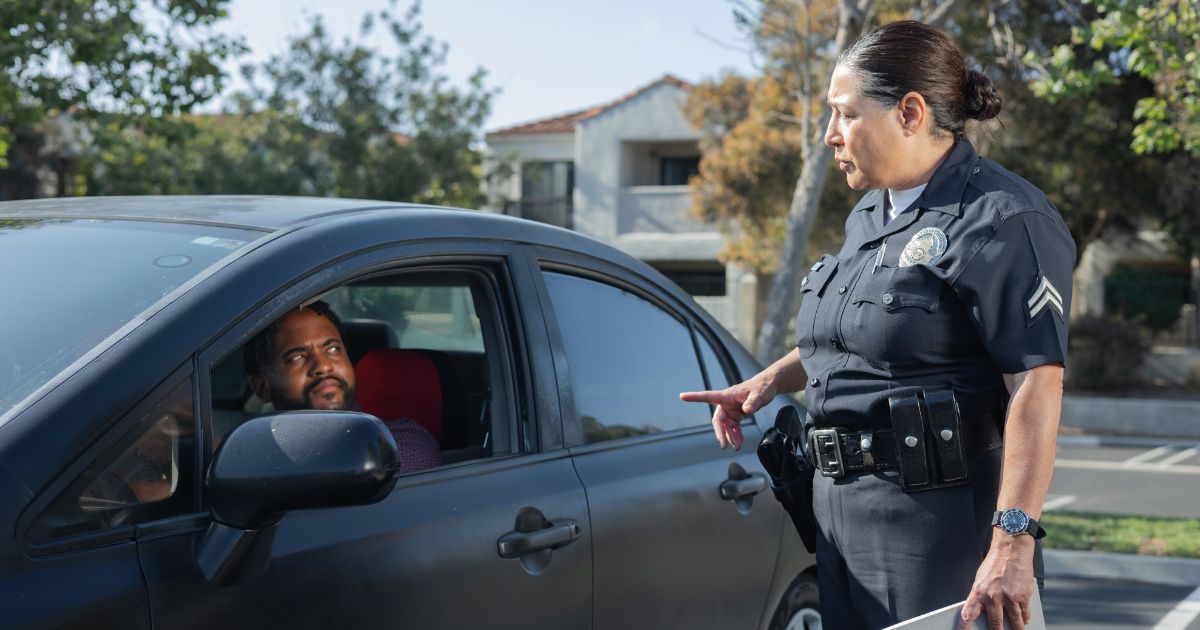A new bill aimed to address ‘extreme reckless’ driving in Connecticut is headed to the State Senate. If the bill is passed, motorists speeding over 100 mph could face up to $1000 fine and/or 30 days of imprisonment.
As per the existing law, driving above 85 mph is considered reckless driving. The proposed bill prohibits driving over 100 mph, which is considered ‘extreme reckless’ driving, and aims to impose higher penalties.
There have been 5,600 speed-related crashes in Connecticut in the last 12 months, out of which at least 55 of them have been fatal, as per the University of Connecticut’s Crash Data Repository. During a news conference in October last month, US Sen. Chris Murphy, D-Conn said that although the roadway volumes have gone down after the pandemic, “speeds have gone up.”
“Everybody in this state knows, just by anecdotal experience, that we are seeing more reckless driving all across this state and … across the country,” he added.
Laoise King, Deputy Commissioner of Connecticut Department of Transportation agreed and said that the “culture of reckless, selfish, dangerous behavior” and the habit of ignoring the traffic laws needs to stop.
The proposed bill introduces fines ranging from $200 to $600 for drivers exceeding 100 mph on public roads, parking area, any private road with established speed limit and school properties. Repeat offenders would face fines up to $1,000. For those with severe violations could be sentenced to 30 days in prison.
The penalty would also include impoundment of vehicles after a prior conviction. The offenders will be able to reclaim their vehicles after paying their fines, along with towing and storage costs.
During his support for the legislation H.B. No. 7260, An Act Concerning Excessive Reckless Driving, Attorney General William Tong said in his testimony, “By requiring the 48-hour impoundment of someone’s motor vehicle after they have been arrested for travelling over one-hundred miles-per-hour will increase accountability for those engaging in this type of reckless behavior and will likely make them think twice before traveling that fast again.”
Reckless driving bill targeting the ‘brazen lawlessness’ of some CT motorists gets unanimous support https://t.co/2Pmr878gnG
— New Haven Register (@nhregister) May 12, 2025
“Regardless of day, time, or what lane I am in there are individuals speeding by, often exceeding one-hundred miles-per-hour, with little to no consequence. My family and all Connecticut families deserve to be safe on our roadways without concern that an irresponsible driver will jeopardize their wellbeing. That is why we must do more to protect the safety of our roads, and I believe this bill is a step in the right direction,” he added.
Following unanimous house approval of legislation, Tong wrote on Instagram, “I thank the House for passing it, and I look forward to working with the Senate to get this over the finish line.”
He added that the unanimous vote sends a “bipartisan message to those who ignore our laws and imperil our safety.”
View this post on Instagram
State Rep. Donna Veach also expressed her concern over the “increasingly dangerous” conditions of Connecticut’s roadways. She said, “Regardless of where I am going, if I am traveling on the highway to get there, I witness quite a few drivers who are traveling at a high rate of speed, many of which are weaving in and out of traffic.”













